Is Alcohol in Reality Shows the New Violence on TV?
There's a reason you glug your way through The Bachelor.
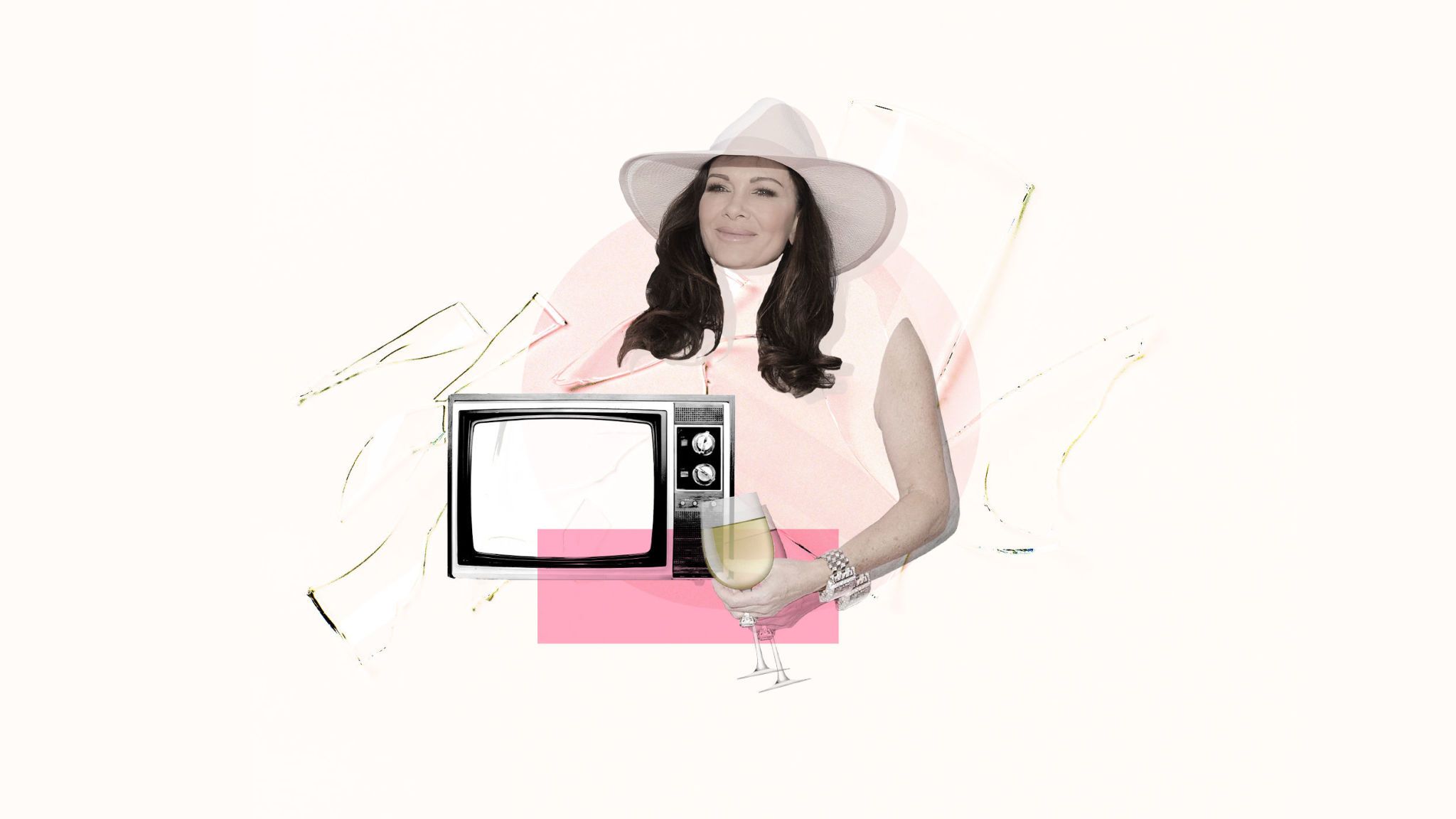
The final credits roll on the premiere of Vanderpump Rules' fifth season, and I realize it might not have been the wisest plan for me to sit down to work right after watching this show—all I really want to do is drink a giant glass of wine. But why? It's not like I'm the one fighting with these ladies on TV.
I am, however, subconsciously tallying every cocktail they casually guzzle. And in the drama-fueled rarified air of practically every successful American reality show, casually-guzzled cocktails are aplenty.
"Reality TV normalizes and glamorizes alcohol consumption," celebrity physician Dr. Drew Pinsky (no stranger to reality TV himself) tells me. "The networks have made drinking look very appealing."
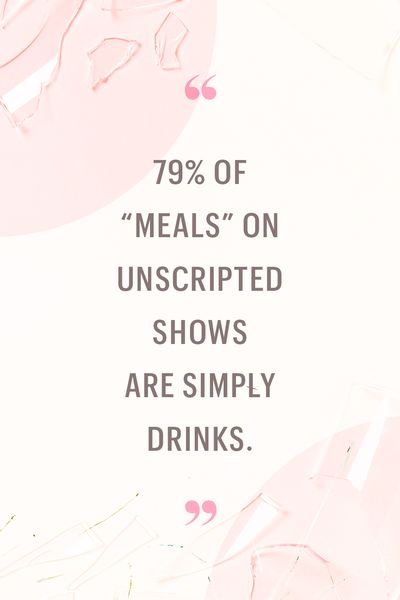
It's true that a glass of rosé looks much better in Lisa Vanderpump's hand than it does in a bottle on my shelf. But more to the point: "The frequency and nonchalance with which alcohol is tossed back on shows like the Housewives, The Bachelor, and even America's Next Top Model desensitizes it," explains Dr. Jenn Mann, licensed psychotherapist and host of VH1's Couples Therapy. When my fellow reality TV addicts and I see cast members drinking in nearly every single scene of every single episode, we think, Hey, if they can have three margaritas on a weeknight, I can too!
Just like the cultural fear, pervasive in years past, that violence on TV engenders violence in real life, so the thinking goes for reality TV now: Drinking on the small screen begets drinking IRL.
A friend recently told me that the endless parade of drinks on Vanderpump Rules is like accessories. In the universe of the show, a cocktail is no different than a cute purse, and, by transitive we-want-what-we-see property, we're compelled to cop the look. We are, as Dr. Drew points out, an imitative species.
But Dr. Mann thinks there's more to our drink-happy impulses than simple mimicry. "It's actually really stressful to watch these shows," she says, "and alcohol is a common way to deal with stress. When you're watching someone find out that their husband has cheated on them while crying on the floor in fetal position, you're going to have an emotional reaction. When those feelings come up, you start to crave that drink."
Stay In The Know
Get exclusive access to fashion and beauty trends, hot-off-the-press celebrity news, and more.

But there's yet another reason you might feel a compulsion to drink while, say, keeping up with the Kardashians: Attachment. Fans get attached to cast members, and therefore get upset when something bad happens to them. (This is probably a good time to mention that a survey conducted at Elon University amongst Keeping Up With the Kardashians viewers found that all participants watch the series because they felt connected to the family.)
Makes sense, but I was *really* attached to everyone on Parenthood and that show never made me want to drink. Why does this only happen with reality shows?
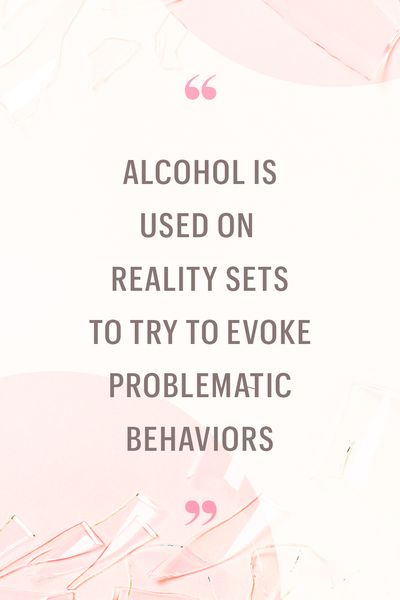
For one, alcohol consumption on reality TV is simply more common. A recent study on portrayals of eating and drinking in American TV found that 79 percent of "meals" on unscripted shows are simply drinks. The same study found that more unscripted female characters are portrayed in alcohol-heavy settings than their male counterparts. Explains a lot.
And then there's the behind-the-scenes manipulation factor. "Alcohol is used on reality sets to try to evoke problematic behaviors," Dr. Drew explains. "It's a fuel for the action. It's usually a story point, not just background." There's also the production time crunch to contend with: "When you have such a short time to get really juicy footage, alcohol expedites that process," Dr. Mann explains.
For this reason—and to help cast members cope with the stress of being on camera all the time—alcohol is readily available on set, often served with lunch, dinner, and in between.
But how far can we all go with this? The producers, the cast, the audience? Some researchers argue that because people on reality shows are more likely to be perceived as relatable and "normal," which therefore normalizes their behavior, we're headed for a breaking point: Experts agree that this could become a more serious issue.
"These shows can get into a lot of trouble doing this—alcoholism isn't a benign condition," Dr. Drew says. "I wonder about that ethically. It's concerning to me."
Consider yourself warned, then, the next time a real housewife moves toward the bar: There's a TV screen in between you for good reason.
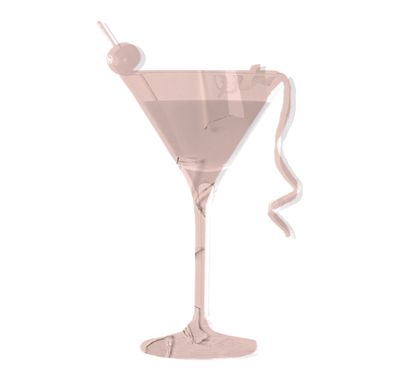
-
 Let's Go, PPG, Fans! A New Peacock Series Starring the 'Love Island USA' Season 6 Cast Is Coming Soon
Let's Go, PPG, Fans! A New Peacock Series Starring the 'Love Island USA' Season 6 Cast Is Coming SoonWe're already clearing our summer schedules for 'Love Island: Beyond the Villa.'
By Quinci LeGardye
-
 Why Princess Diana Didn't Move to America
Why Princess Diana Didn't Move to AmericaThe late royal's friend opened up about the princess's American dream.
By Kristin Contino
-
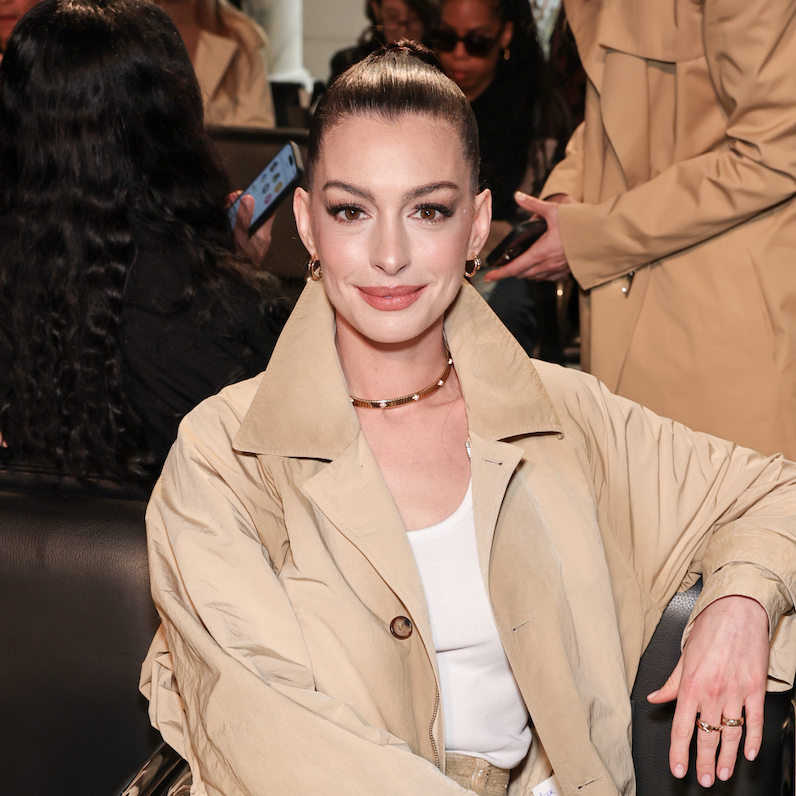 Anne Hathaway Doubles Down on Luxury's Favorite Neutral
Anne Hathaway Doubles Down on Luxury's Favorite NeutralShe painted herself in the timeless hue.
By Kelsey Stiegman
-
 The Stars of 'Love Island USA' Season 6 Will Return to Our Screens This Summer
The Stars of 'Love Island USA' Season 6 Will Return to Our Screens This SummerWe're already clearing our summer schedules for 'Love Island: Beyond the Villa.'
By Quinci LeGardye
-
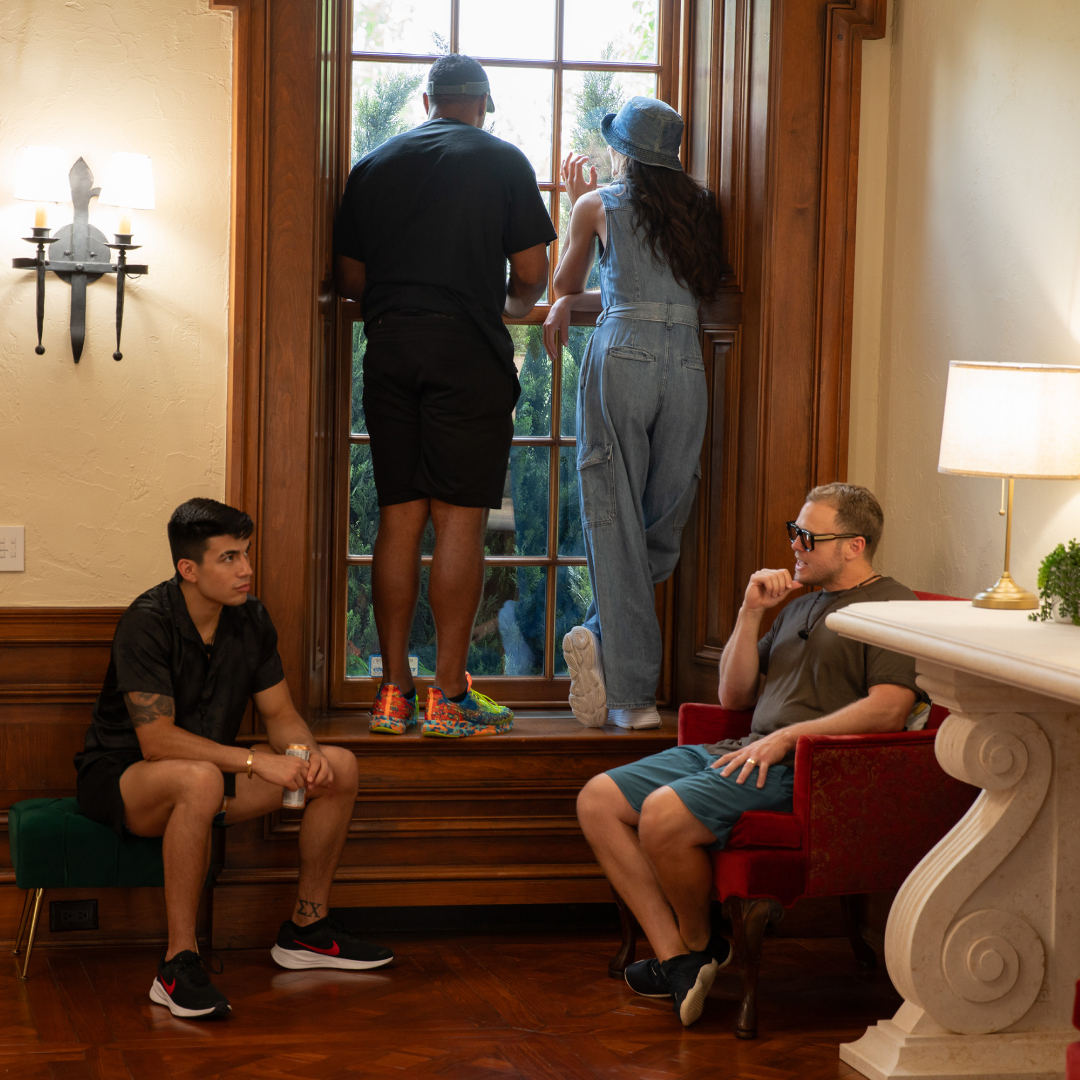 Where Is 'Got to Get Out' Filmed? What to Know About the 80-Acre Luxury Estate in the Hulu Reality Show
Where Is 'Got to Get Out' Filmed? What to Know About the 80-Acre Luxury Estate in the Hulu Reality ShowA new competition series's eyecandy filming location has entered the chat.
By Quinci LeGardye
-
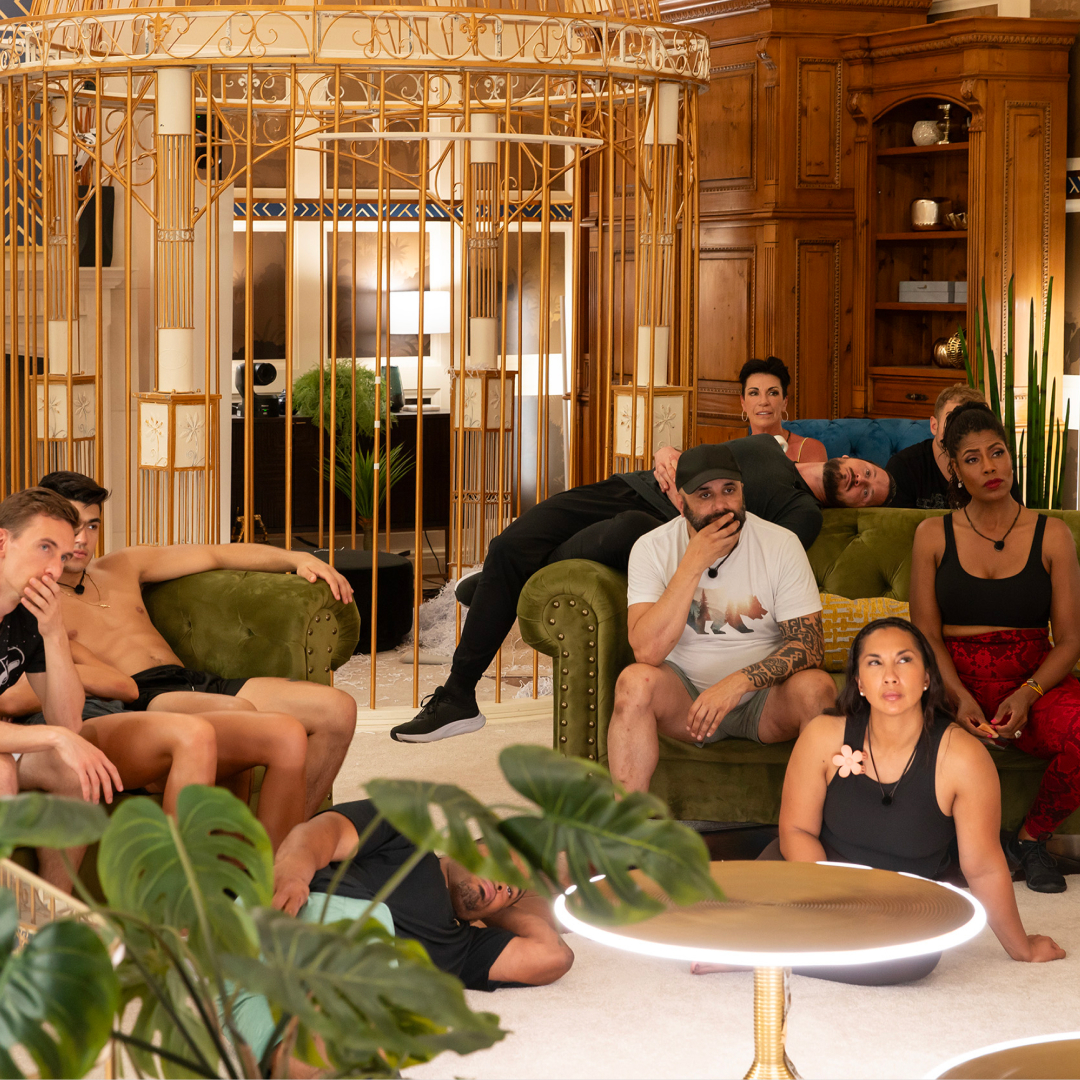 Meet the Cast of Hulu's New Reality Show 'Got to Get Out
Meet the Cast of Hulu's New Reality Show 'Got to Get OutHulu's answer to 'The Traitors' is here.
By Quinci LeGardye
-
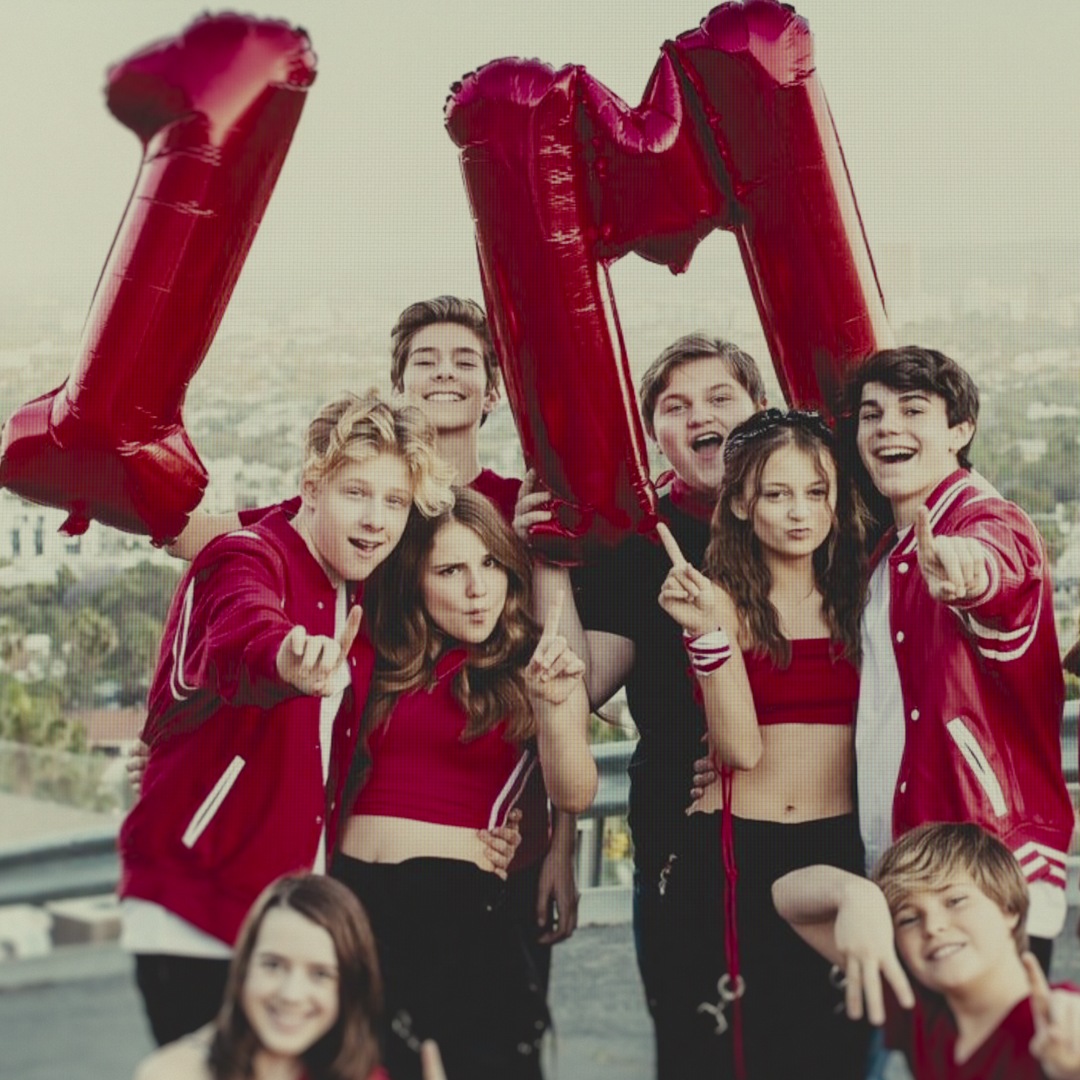 Where Are the Members of The Squad From 'Bad Influence: The Dark Side of Kidfluencing' Now?
Where Are the Members of The Squad From 'Bad Influence: The Dark Side of Kidfluencing' Now?The names in the Netflix docuseries have fallen out of touch with subject Piper Rockelle.
By Quinci LeGardye
-
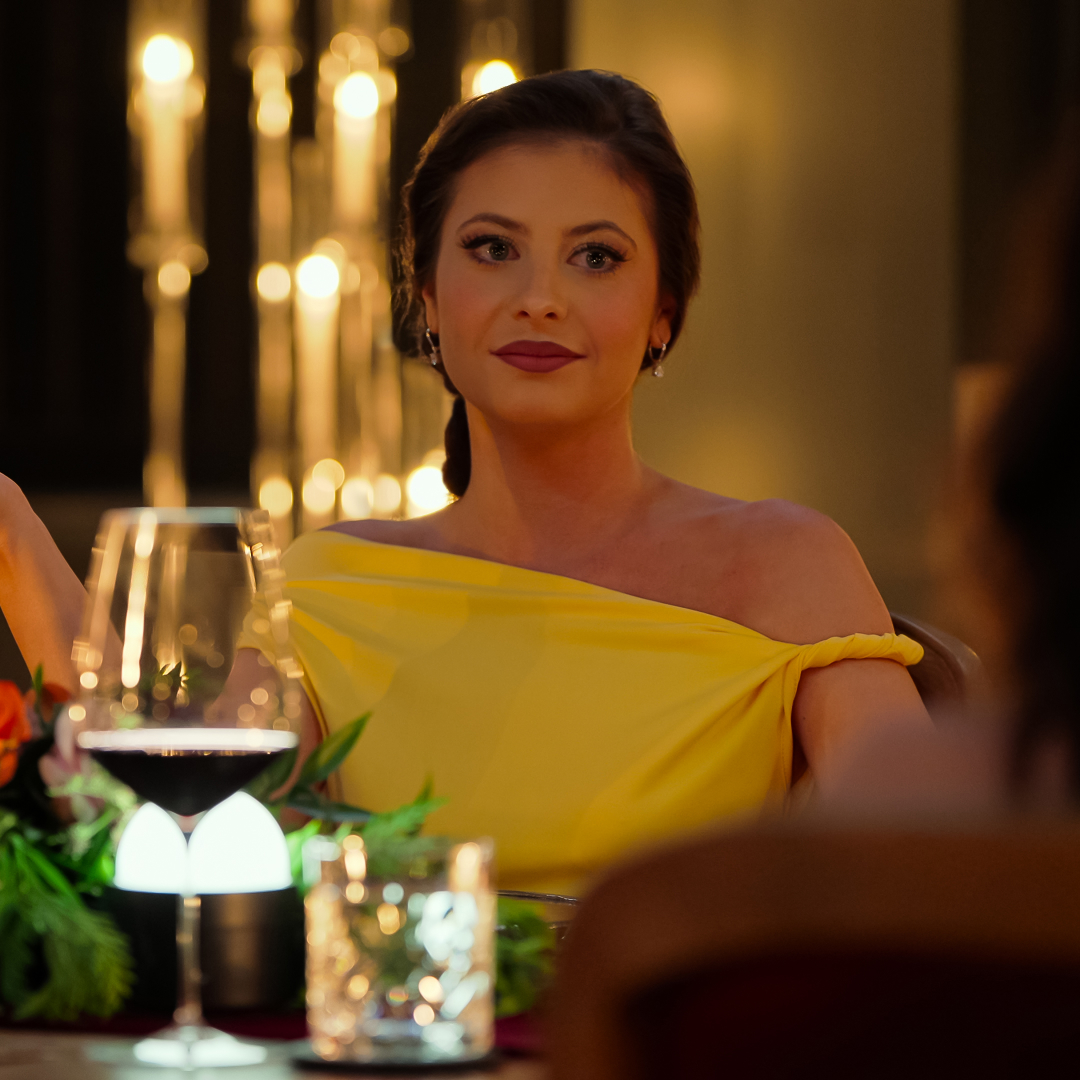 Who Won 'Million Dollar Secret?' All About Winner Cara Kies
Who Won 'Million Dollar Secret?' All About Winner Cara KiesHere's what to know about the In-N-Out line cook who took home the prize pot.
By Quinci LeGardye
-
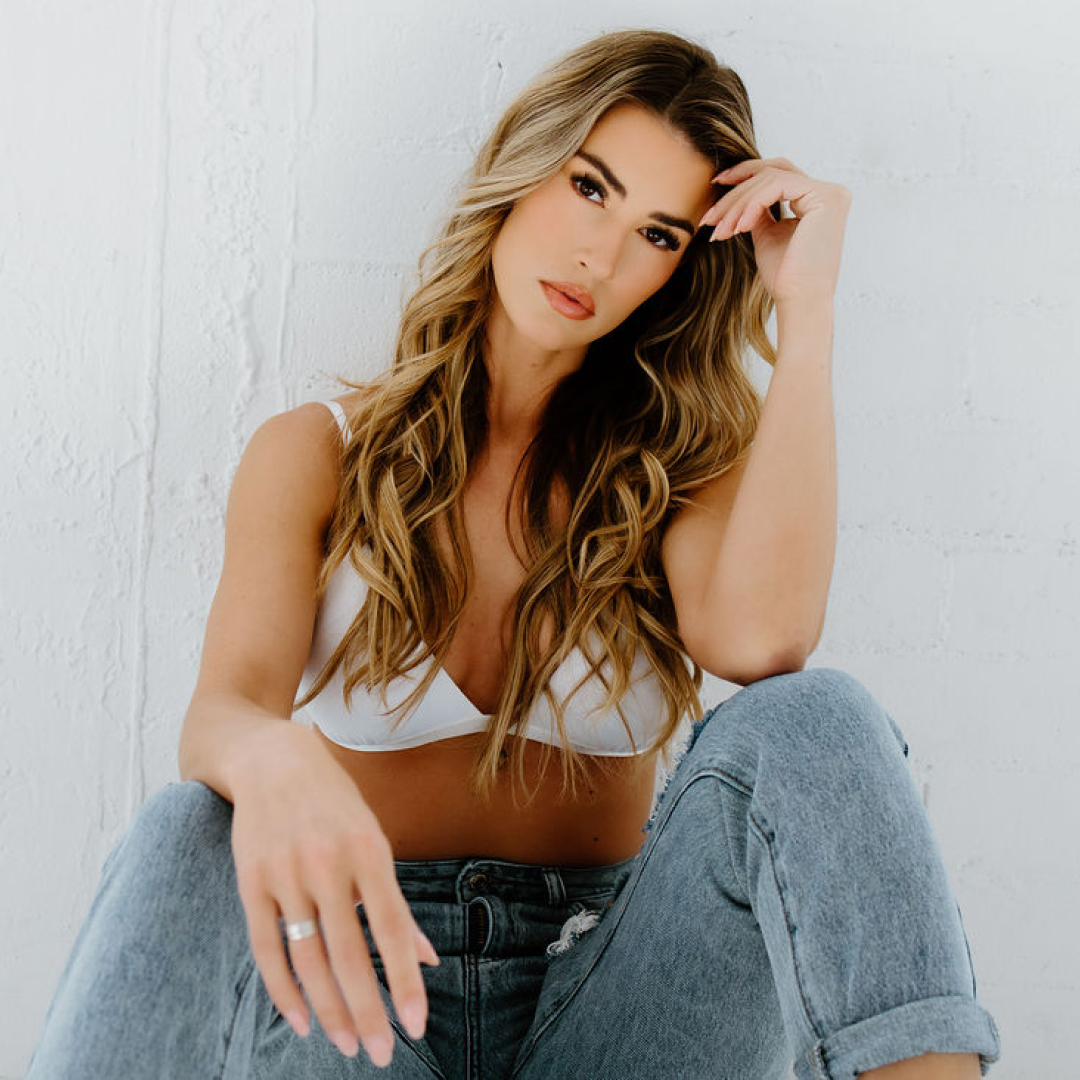 Sydnee Falkner Is More Than the 'Million Dollar Secret' Mean Girl
Sydnee Falkner Is More Than the 'Million Dollar Secret' Mean GirlThe reality star dishes on everything from her regrets and the finale to what you didn’t see on-screen in Netflix’s latest hit.
By Quinci LeGardye
-
 Meet the Cast of 'Love on the Spectrum' Season 3
Meet the Cast of 'Love on the Spectrum' Season 3Netflix's Emmy-winning dating show returns with both fan-favorite couples and standout newcomers.
By Quinci LeGardye
-
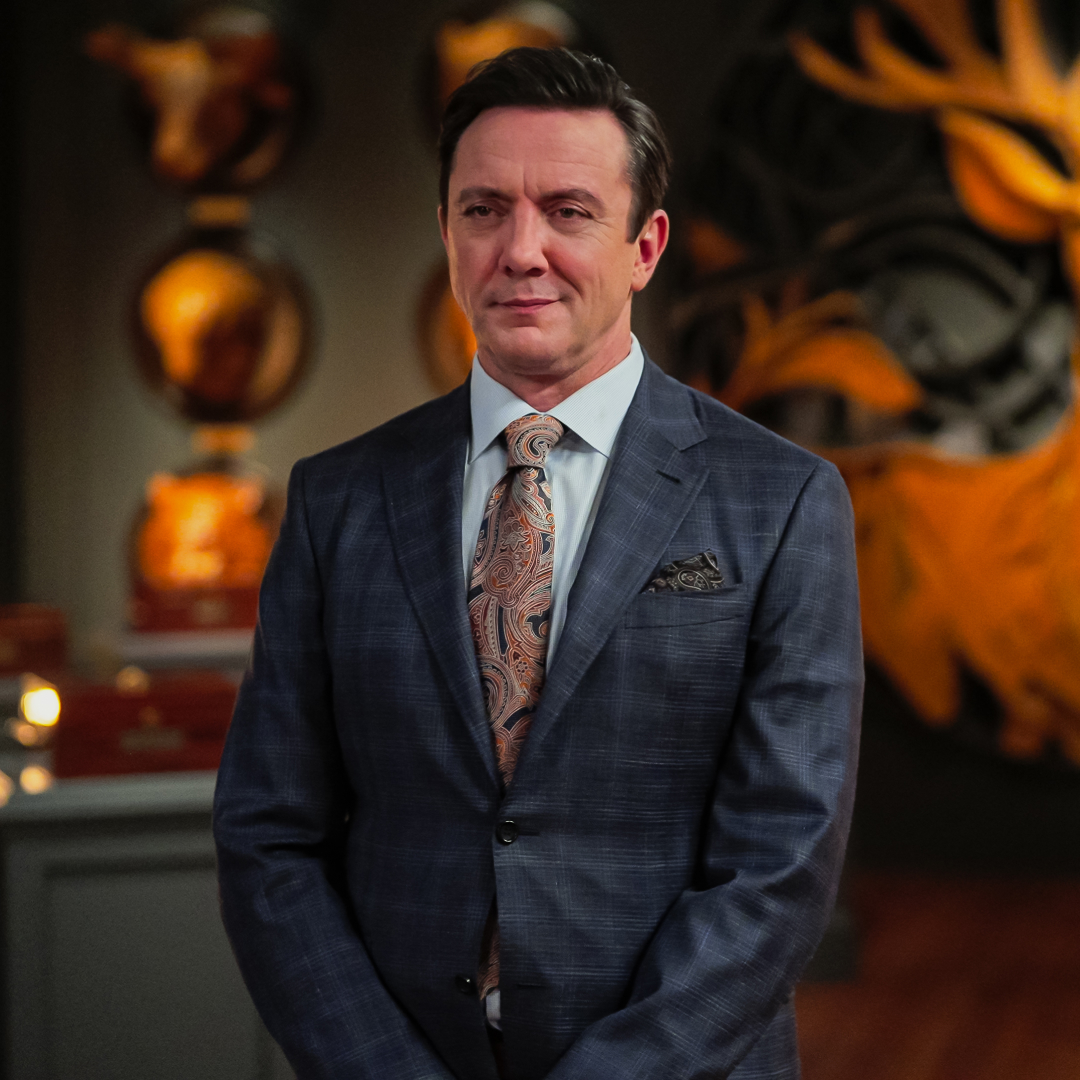 Who Is the 'Million Dollar Secret' Host? Meet Peter Serafinowicz
Who Is the 'Million Dollar Secret' Host? Meet Peter SerafinowiczIt's safe to say we're now obsessed with the British comedian keeping The Stag in order.
By Quinci LeGardye